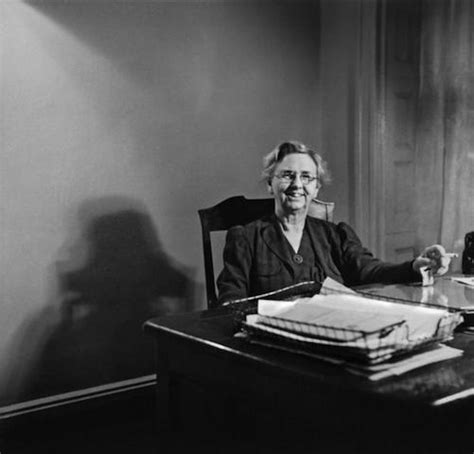A Quote by Caroline Pratt
Children learn eagerly and well when they have need of the knowledge.
Related Quotes
Children need stimulation and stability. That can come from grandparents, cousins, teachers, nannies, childcare centres - as long as they engage with the children and are really fond of them. There are also times when children need to be left alone to learn to be independent and to encourage their imaginary friends.
If children are hungry, they need to be fed. It's hard to learn if your stomach is growling. We need to take that on. If students can't see the blackboard, need eyeglasses, we need to do that. If students need a social worker or counselor to work through the challenges they're facing at home in the community, we need to do that.
Well, part of it is a longstanding belief - it's been in our education establishment at least since the 1930s - that somehow children should be allowed to discover knowledge for themselves, that they should construct their own knowledge. This has surfaced most recently in connection with mathematics instruction, where the idea is that they need to discover how to add for themselves. Rather than being taught how to add, they should construct this knowledge on their own.
We can all agree that in the wealthiest nation on Earth, all children should have the basic nutrition they need to learn and grow and to pursue their dreams, because in the end, nothing is more important than the health and well-being of our children... These are the basic values that we all share, regardless of race, party, religion. This is what we share. These are the values that this bill embodies.



































